
“The idea started as a concept after watching Poltergeist [1982] for probably the 100th time,” Leonberg tells BBC Culture. “In the opening of that film, the family’s dog clearly senses the presence of the ghost before anyone else. That trope of ‘the dog who knows better’ appears in so many horror films, and I thought, ‘Someone should really tell that story from the dog’s perspective.'”
Leonberg didn’t have to search far to cast the lead, as Indy is his own dog, who he thought could be perfect due to his “intense, unblinking stare”. Through expressive head tilts, whimpers and inquisitive stares, Indy certainly takes the audience along with him on the terrifying experience of the discovery of some sort of supernatural force. And, as the human faces in the film are mostly obscured, the viewer also experiences the frustration of a loyal animal trying to warn his owner of trouble, only to be – sometimes cruelly – dismissed. This unusual perspective makes the film surprisingly affecting.
Over the course of three years, Leonberg and his wife, Kari Fischer – also a producer on the movie – filmed Indy in a huge variety of situations and scenarios. “It came down to having the camera ready at the right time in the right place,” he explains, “then guiding him with simple cues, noises, gestures, and food into those circumstances, and being ready to capture his instincts rather than impose our expectations on him.
“These [moments] could be edited together to create an illusion of a performance,” he says. “On camera, if you cut from his gaze to what he’s looking at, the audience instinctively creates the meaning. We often connect the dots when watching horror films and Indy was naturally suited to help the audience do that.”
Indy is not the only domestic animal currently winning accolades for their performances in a film. Darren Aronofsky’s heist caper Caught Stealing features the scene-stealing Tonic the cat, playing Bud the cat – his co-star Austin Butler told NPR: “He had this very primal fire in his eyes, you know… On top of that, he could stay on a mark for an hour and a half, he’s just so focused”.

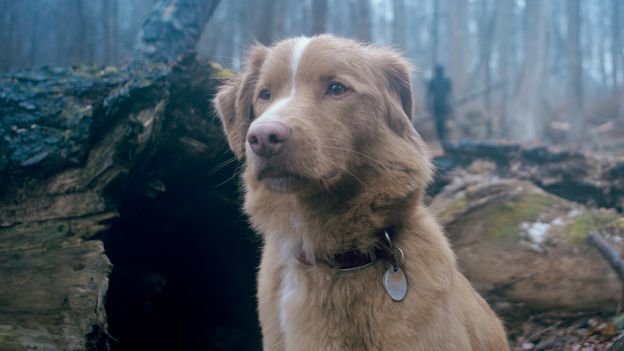
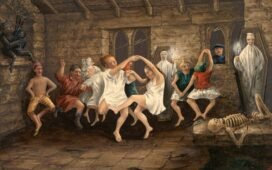
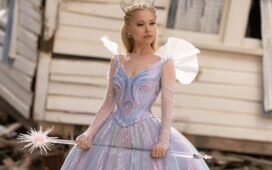
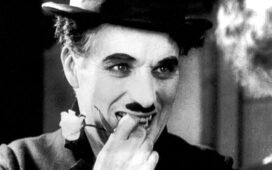

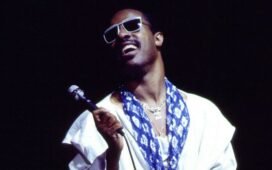

Recent Comments